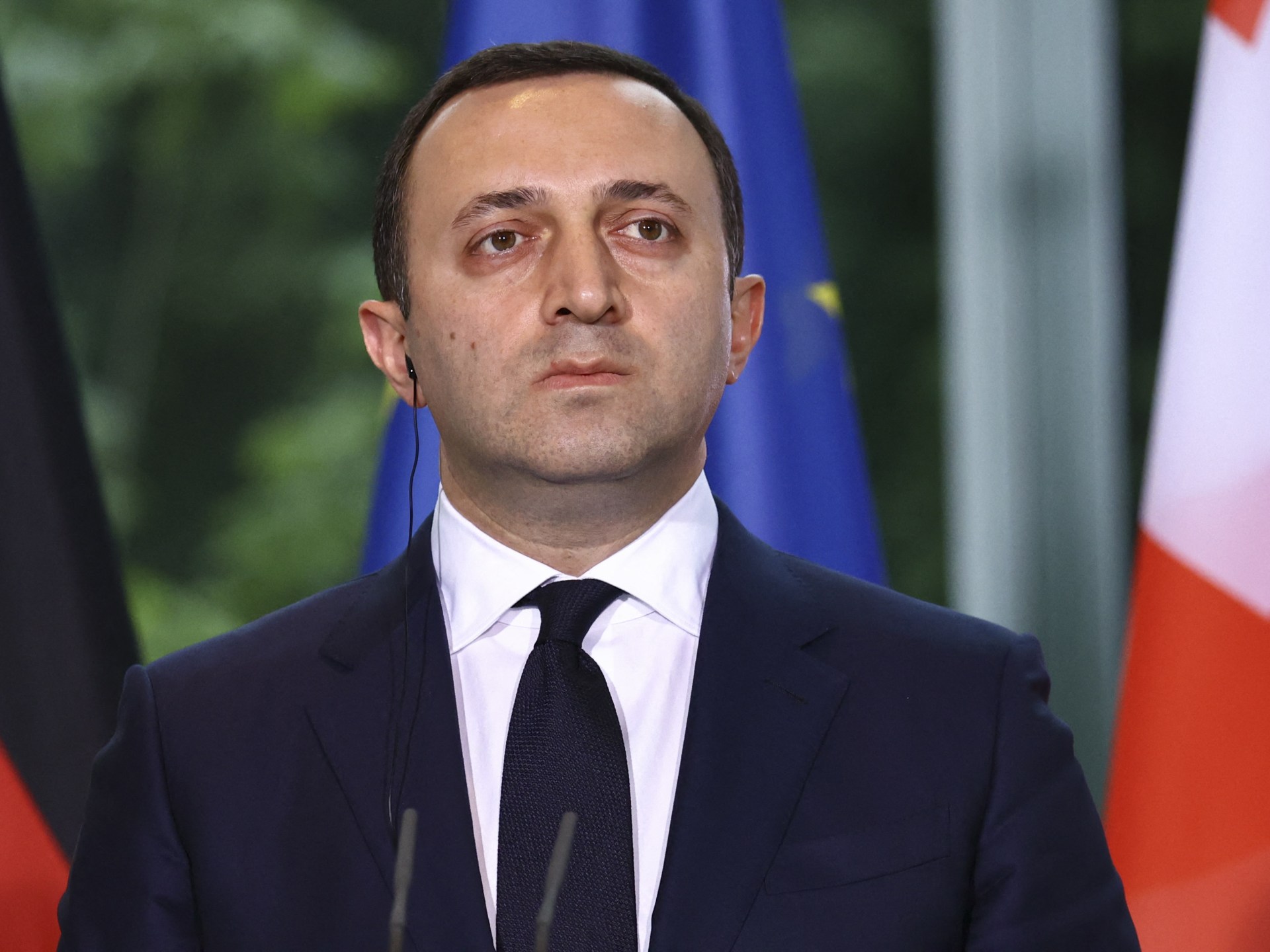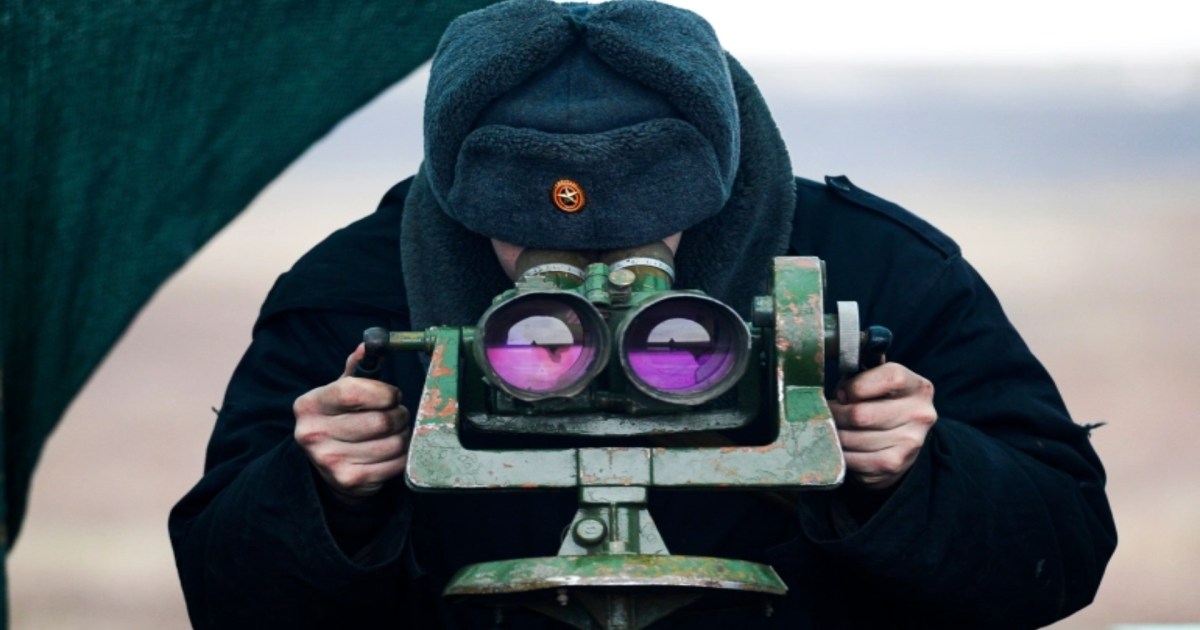RSF atrocities pile up in Darfur after 100 days of Sudan fighting
On June 12, Faisal Suliman* left his home in Sudan’s West Darfur state and trekked to the Chadian border in the pouring rain. If he stayed put, the human rights activist said, he would have certainly been killed.
Suliman was accompanied by dozens of young men on the perilous journey fleeing the months-long violence. As non-Arabs, they are of what several analysts and survivors have described as a campaign of genocidal violence in West Darfur.
“I lost 27 of my friends. One of them was like my younger brother. I was teaching him to be a human right defender like myself,” Suliman told Al Jazeera by phone.
After 100 days of war in Sudan, the most harrowing atrocities have occurred in West Darfur where reports of mass graves, summary executions and burned villages have been documented and verified by the United Nations and rights groups.
Survivors say the government’s army has failed to protect civilians, while the paramilitary Rapid Support Forces (RSF) has spearheaded the killings along with its Arab tribal allies. Both sides are fighting to vanquish the other in Sudan, with the capital Khartoum and the Darfur region bearing the brunt of the violence.
Violence in Darfur is historically rooted in land and water disputes between Arab and non-Arab communities – a tension Sudan’s former president Omar al-Bashir exploited to stay in power. During the first civil war in Darfur in 2003, al-Bashir countered a mostly non-Arab armed uprising by recruiting and arming Arab militias who were repackaged into the RSF in 2013.
The non-Arab fighters were rebelling against the exploitation and neglect of Darfur by Sudan’s ruling elites but al-Bashir’s response triggered acute violence along ethnic lines and led to accusations of genocide. Now, reports of possible war crimes and crimes against humanity are surfacing again and implicating the RSF.
However, the RSF denies the accusations that it has been running a campaign of ethnic cleansing and claims that violence in West Darfur is the outcome of a decades-old tribal conflict.
“It’s a big mistake to say that Arab militias are allied with the RSF. That’s totally not true,” Yousif Ezzat, the spokesperson for the RSF, told Al Jazeera.
Despite Ezzat’s claim, a video posted on Twitter on June 14 shows uniformed RSF fighters bragging about attacking non-Arabs in West Darfur.
The video is among many implicating RSF fighters in grave crimes, which have been verified and catalogued by Sudan Shahid – a project launched by the Center for Advanced Defense Studies – a non-profit that provides data-driven analysis with the aim of defeating defeat global illicit networks.
Targeting the Intelligentsia
The RSF and Arab militias are accused of deliberately killing lawyers, human rights monitors, doctors and non-Arab tribal leaders, according to rights groups and local monitors.
Suliman, the rights defender, said he had received a call from a colleague who warned him to keep a low profile when the war started in mid-April.
“The person… close to the RSF, he told me that [I was wanted], as well as other human rights activists in [West Darfur],” Suliman told Al Jazeera.
After he fled to Chad last month, he heard from a neighbour that the RSF came to his family’s home and burned his room to ashes while, curiously, leaving the rest of the house intact.
Elsewhere in the province, home to nearly 2 million people, the RSF and allied militias have systematically looted and destroyed entire homes and villages to the ground, say witnesses and monitors.
“[The RSF] have a problem with me specifically and they wanted to send me a message,” Suliman told Al Jazeera.
Mohamad Osman, the Sudan researcher for Human Rights Watch (HRW), said the RSF can closely monitor and target activists thanks in part to subsuming members from al-Bashir’s feared intelligence agency after he was toppled by a popular uprising in April 2019.
“There is definitely a clear pattern and a deliberate plan of targeting [local leaders in West Darfur] in order to not allow any reporting of what is happening,” Osman told Al Jazeera.
Lawyers say they are at the top of the RSF’s hit list for trying to prosecute RSF fighters, who allegedly attacked non-Arab internally displaced camps in recent years.
After RSF fighters and Arab militias killed at least 72 non-Arabs in a displacement camp in 2019, a group of local attorneys came together to represent witnesses who wanted to press charges against the perpetrators, including local RSF commanders.
At the time, the witnesses believed justice was possible since Sudan had just toppled its authoritarian ruler al-Bashir and was beginning a democratic transition.
But lawyers told Al Jazeera that they soon received death threats and were under pressure to drop the charges against RSF fighters. They added that 16 of the witnesses they represented were among the 160 people killed in a subsequent attack on the same camp in 2021.
Mohamad Sharif*, who fled to Chad in May, said that his friend and colleague Khamis Arbab was among four lawyers killed since the civil war started in April. Over the last four years, Sharif said, both men had received threats to stop building legal cases against RSF fighters.
“There were direct threats against [Khamis] and me due to all the police reports that we were working on related to [the first attack on the displacement camp in 2019]. These were police records implicating the RSF,” Sharif told Al Jazeera.
Accountability and Protection
The RSF has been unable to distance itself from reports of human rights abuses unfolding in West Darfur.
The UN Human Rights Office on July 13 accused the paramilitary and Arab militias of killing and burying at least 87 ethnic Masalit – a non-Arab tribe from West Darfur – in a mass grave outside the region’s capital el-Geneina.
HRW also reported that the RSF summarily executed 28 Masalit young men in the West Darfur town of Misterei.
The UN and HRW’s findings prompted the chief prosecutor of the International Criminal Court (ICC), Karim Khan, to launch a new investigation into possible war crimes and crimes against humanity in Darfur.
However, the immediate protection of civilians remains an urgent concern. The fighting between the army led by General Abdel-Fattah Burhan and the RSF fighters led by General Mohammed Hamdan Dagalo has killed thousands and displaced nearly 3 million people internally. Approximately 730,000 Sudanese have fled the country.
Despite warnings by rights groups of rising violence in the region, the UN Security Council terminated the joint UN and African Union peacekeeping mission (UNAMID) mandate in 2020, leaving the local population vulnerable to attacks.
Khan’s announcement, Osman from HRW says, could deter abuses since the RSF is craving international legitimacy.
“Imagine if you had Khan say that we found genocide in [West Darfur], then that’s a big blow to the [RSF],” he said.
William Carter, the country director for the Norwegian Refugee Council in Sudan, told Al Jazeera that the global community should take more urgent action to protect civilians following reports of atrocities emerging out of West Darfur.
“My understanding is that in 2003 and 2004, it took a long time for people to reach a consensus about what was happening in Darfur. But now, we are far less patient and tolerant and we can clearly see what is coming,” he said.
Suliman added that the RSF killed a journalist he knew on July 15 and that many more people will turn up dead in the days and weeks to come.
He told Al Jazeera that the ICC’s announcement at least means that human rights monitors are not risking their lives for nothing.
“For human rights defenders and survivors in [West Darfur], this is a small victory and we feel satisfied that the ICC is assuming its role,” Suliman said.
“For us, we just hope this step by the ICC goes forward until all those who have committed human rights abuses are held accountable.”
*Names changed for security reasons




